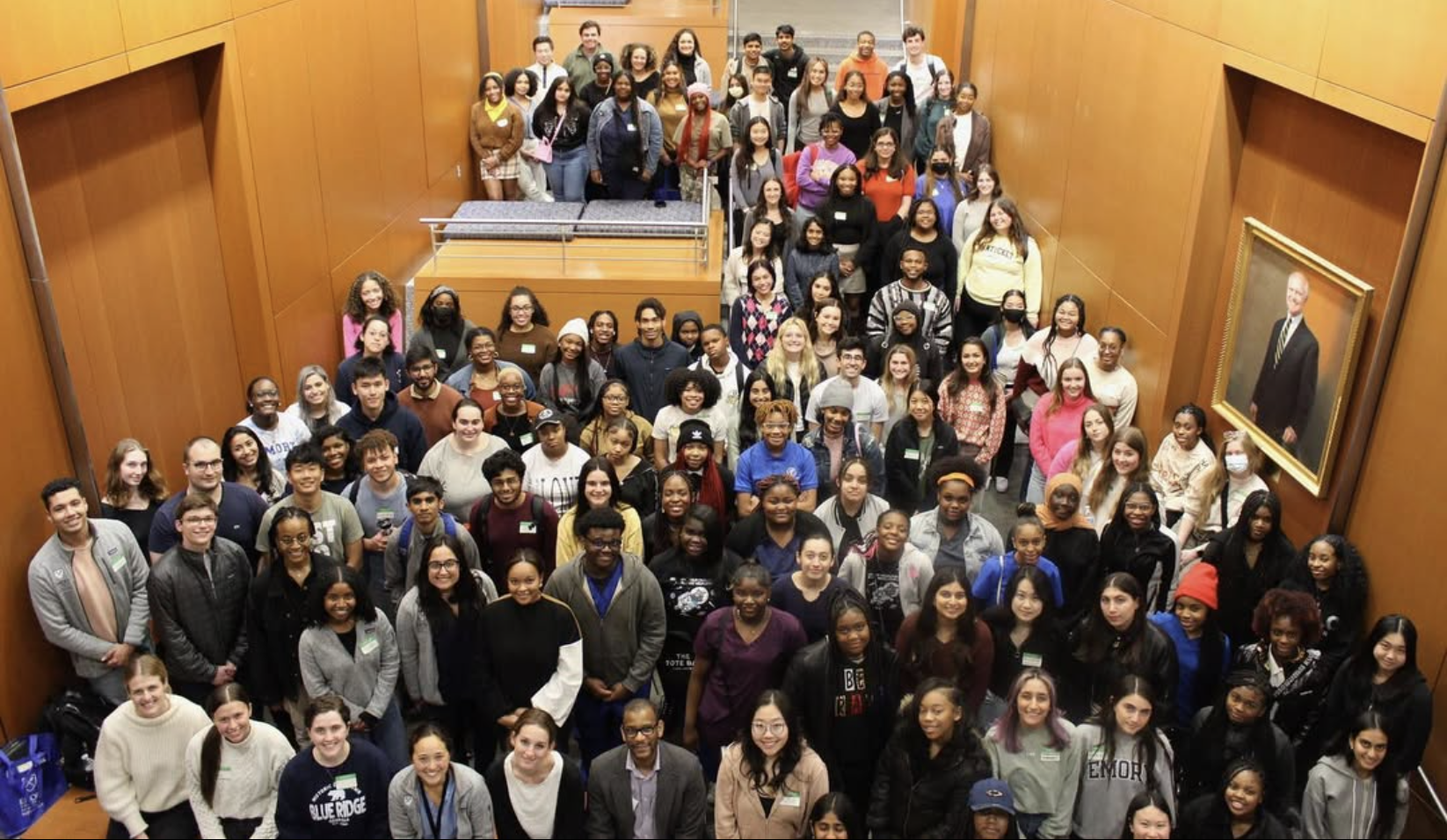At the Emory School of Medicine, we are committed to fostering the next generation of health and science leaders. Through student outreach and recruitment efforts, we connect motivated learners with pathways to academic enrichment, mentorship, and hands-on experiences in medicine, biomedical research, and the health sciences. Our programs support students from high school through college who are exploring careers in these fields.
Explore Our Programs
Summer Science Academy Day Program
A hands-on, immersive experience for rising 9th and 10th grade students passionate about science, health care, and STEM. This summer program sparks curiosity and builds foundational knowledge through engaging activities and mentorship.
Health Professions Readiness Education Program (HealthPREP)
Designed for current undergraduate students and those in their growth years, HealthPREP supports aspiring health professionals through academic enrichment, professional development, and exposure to medical careers.
Emory Pipeline Collaborative (EPiC)
A multi-year program for 10th to 12th grade students at participating schools, EPiC combines academic support, mentorship, and real-world learning to prepare students for success in college and careers in health and medicine.


